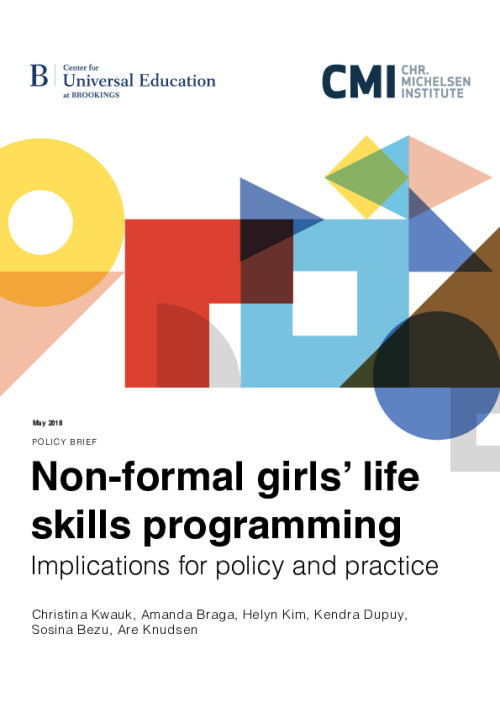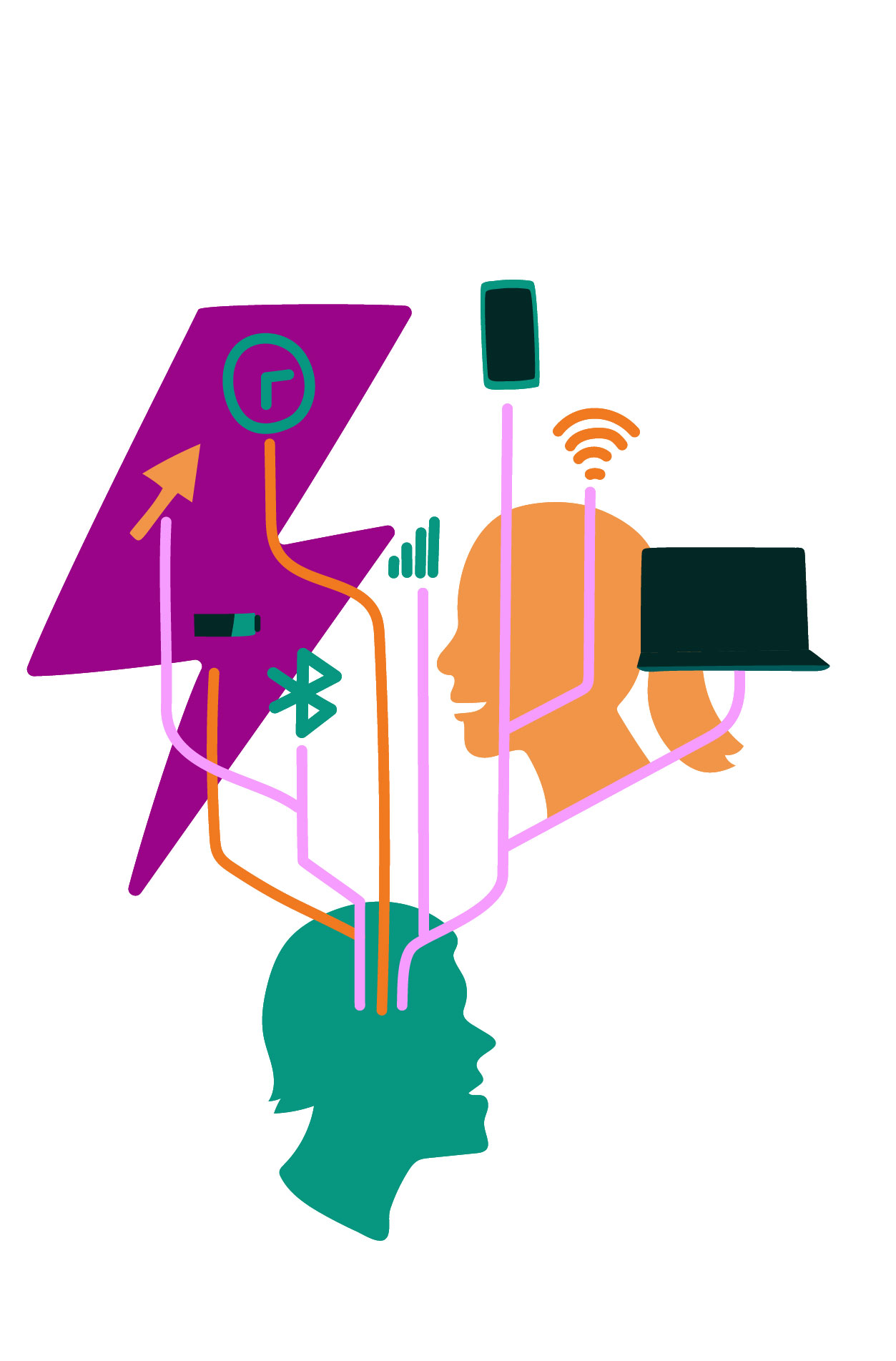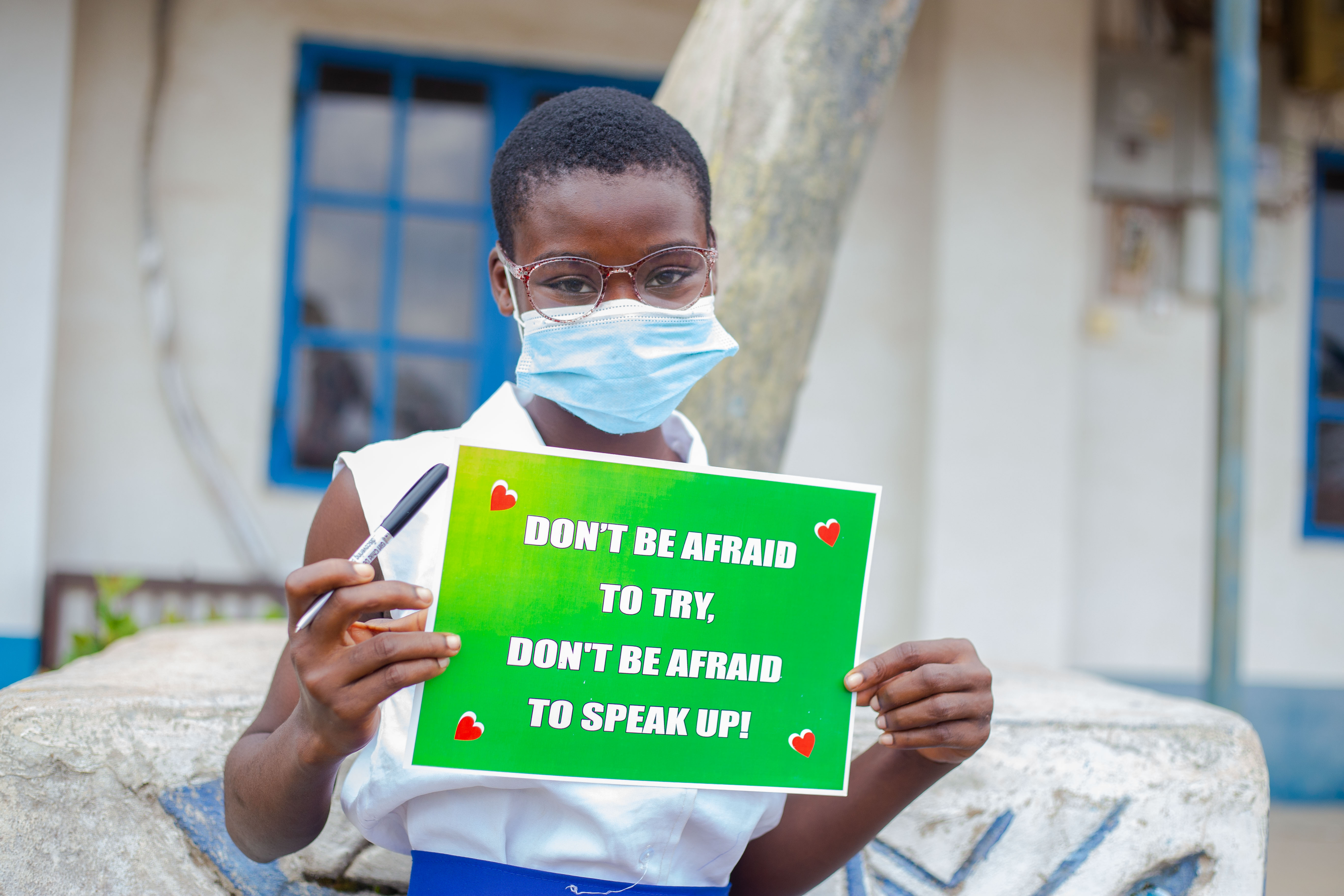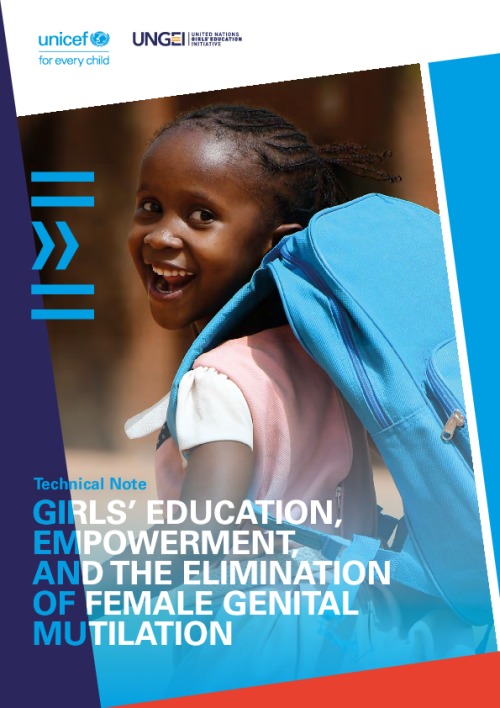Knowledge Hub
Learning and resources on gender in education

Non-formal girls’ life skills programming
Implications for policy and practice
For marginalized and vulnerable girls in developing countries whose life outcomes are threatened by poverty and gender-based discrimination, the existing evidence suggests that life skills education is important for arming them with the knowledge, skills, and attitudes needed to rewrite their futures. But while education stakeholders recognize this importance—based on the prevalence of life skills programs, curricula, and national frameworks around the world—we have little sense of the scope of non-formal life skills programs and how non-formal education actors can better deliver life skills programming to the most...
For marginalized and vulnerable girls in developing countries whose life outcomes are threatened by poverty and gender-based discrimination, the existing evidence suggests that life skills education is important for arming them with the knowledge, skills, and attitudes needed to rewrite their futures. But while education stakeholders recognize this importance—based on the prevalence of life skills programs, curricula, and national frameworks around the world—we have little sense of the scope of non-formal life skills programs and how non-formal education actors can better deliver life skills programming to the most disadvantaged girls. This policy brief is based on a larger study that looked at better understanding non-formal life skills programming. The study included (1) a comprehensive literature review of non-formal life skills programs for girls in developing countries, and (2) a cross-national study of 103 life skills programs in Ethiopia, Lebanon, and Tanzania.


